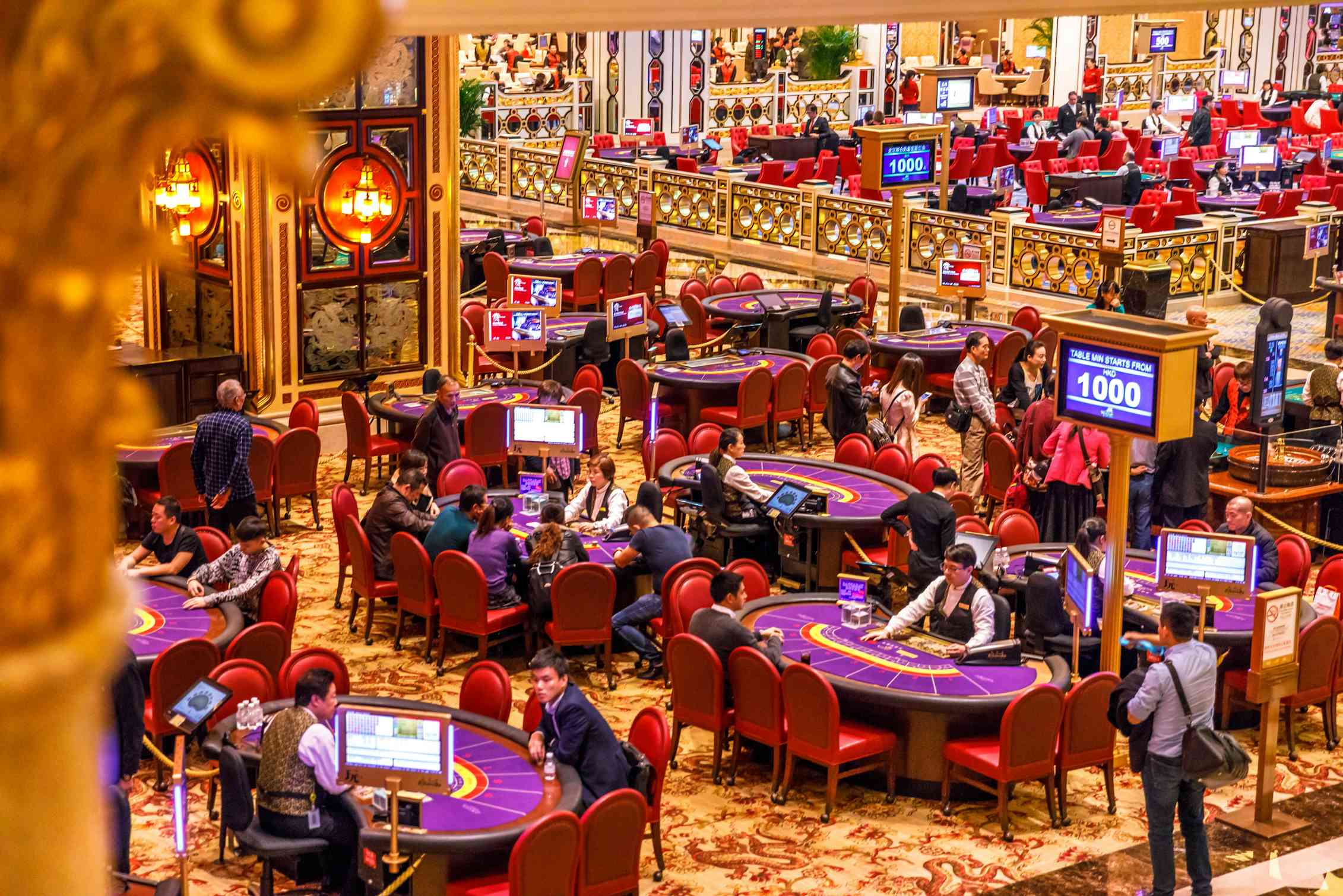
The world of entertainment has seen many transformations over the decades, but not many have captured our imagination and excitement of gamers quite like gambling games. Emerging in from the bustling halls of Las Vegas and Atlantic City, New Jersey, these entertainments have moved beyond borders and cultures, becoming a global phenomenon. From the bright lights of a luxury resort to the comfort of virtual platforms, the allure of gambling games is undeniable, drawing millions into a world of chance and tactics.
As more countries accept betting in various forms, the influence of U.S. casino games is clear. They have not only influenced local gaming industries but have also sparked countless adaptations and innovations globally. Classic games such as the poker and blackjack, along with modern variations, have created a shared language of entertainment that connects across varied populations. The combination of risk, rewards, and social engagement found in these activities fosters a unique sense of community, further solidifying their place in the international entertainment sphere.
Historical Summary of U.S. Gambling Activities
American casino gambling activities have a rich and varied past that reflects the cultural evolution of the United States. The beginnings of these games can be traced back to various Europe’s gaming practices introduced over by settlers. Games like the poker game, the blackjack game, and roulette found their way into the fabric of American society in the 19th century, gaining popularity in saloons and steamboats. These places offered the ideal backdrop for social interaction and competition, laying a solid basis for casino gambling as we know it today.
As the country expanded to the west, gambling developed in tandem with it. The Gold Rush era in the mid-1800s witnessed the rise of gambling towns such as Deadwood and Tombstone, where games were played with big bets, frequently accompanied by an air of disorder. This time set the stage for the establishment of casino gambling in the early 20th century, notably with the creation of Las Vegas, Nevada as a gambling hotspot. The construction of opulent casinos transformed the gambling environment, creating an atmosphere where games could thrive and attract visitors from across the world.
In the past few decades, the legalization of casino gambling in various states has further expanded the variety of activities available. U.S. casinos now feature a combination of classic gambling activities and new offerings that cater to modern players. This growth has enabled for a unique blend of old and new, enabling the continuous development of casino gaming culture in America. The international influence of these games has also led to their incorporation into international gambling industries, showcasing the lasting impact of U.S. casino games across the world.
Worldwide Popularity and Influence
The growth of American gambling games has marked a notable shift in the international gaming landscape. With their appeal crossing borders, these games have captivated players around the world. trang chủ oke179 From Texas Hold’em tournaments to slot machines, U.S. styles have established a home in many global casinos. This transfer of culture emphasizes how adaptable and compelling these games are, tailoring to local tastes while preserving their timeless American charm.
Moreover, the influence of these titles goes beyond conventional gambling establishments. Online platforms have played a pivotal role in promoting American gambling titles, making them accessible to players worldwide. The ease of online gambling has brought millions to opportunities that were once confined to physical casinos. Players can now play their favorite games from anywhere, sparking a fresh wave of excitement and expanding the player base significantly.
This global acceptance is also reflected in the incorporation of U.S. gambling titles into local cultures. Countries that have embraced these games often organize their own adaptations and competitions, blending local traditions with American gaming traditions. This fusion not only enhances the gaming journey for participants, but it also highlights the powerful impact that U.S. casino titles have on both leisure and community interaction across various societies.
Social Adaptations and Innovations
Casino games have undergone significant changes as they expanded across various cultures. Every area has taken in features of American gaming while infusing its own traditions and practices. For example, the rise of online casino sites has allowed for the inclusion of local character into classic titles like poker and 21. Gamblers now enjoy versions that include regional wagering styles and unique rules, making the games more accessible and inclusive for different audiences.
In numerous nations, the popularity of casino games has resulted to the development of localized versions that reflect cultural themes and narratives. This adaptability has paved the way for innovative game design that resonates with gamblers on a individual level. Slot machines, for instance, now feature visuals and audio that honor local traditions, legends, and pop culture, which in turn improves the gaming adventure and fosters a sense of community among players.
Moreover, the worldwide influence of American casino games has led to new game styles and blended styles. Some venues have combined traditional betting with amusement aspects, such as live performances or engaging technology, resulting in a more engaging experience. These innovations not only attract a wider crowd but also guarantee that the essence of gambling continues to evolve, connecting gaps between diverse cultures while maintaining the thrill that gambling games are celebrated for.
